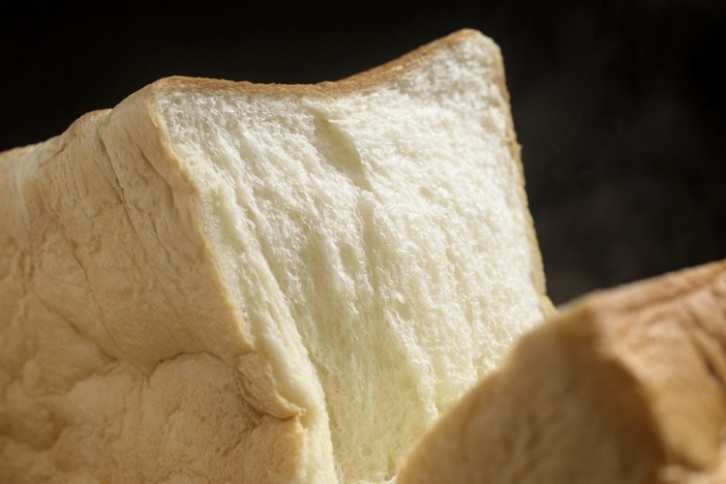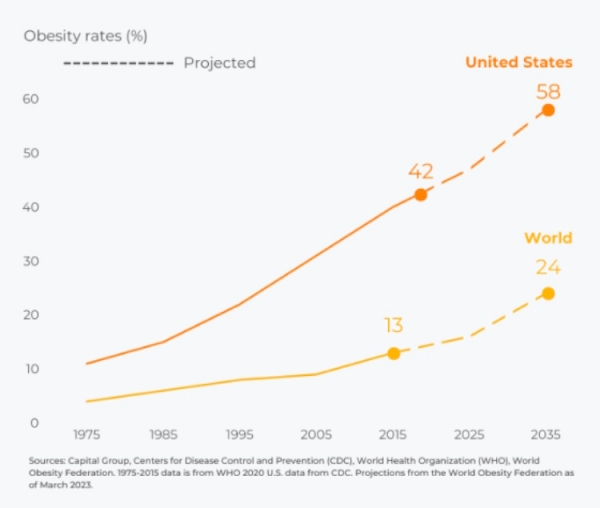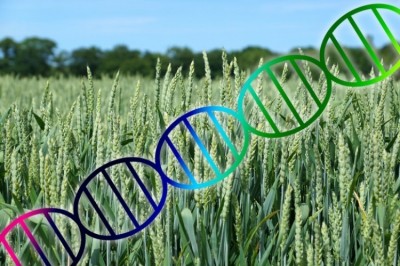How Welsh scientists aim to boost white bread’s nutritional value

White bread is made from refined flour, which means the bran and germ were removed during processing, resulting in a product that's lower in fiber. Bran and germ are rich in vitamins and minerals; however, these are stripped out during the processing of white flour.
It’s important to note that not all white bread is created equal and many sold in the UK are fortified with vitamins and minerals to improve their nutritional content.
White bread has a higher glycemic index (GI) compared to its whole grain counterpart, meaning its causes spikes in blood sugar levels, which may contribute to weight gain, insulin resistance and an increased risk of type 2 diabetes.
And finally, some varieties of white bread contain additives and preservatives to improve shelf life and texture, which some experts claim could be detrimental to health in the long run.
Despite this raft of negative elements, white bread remains a consumer favorite, thanks to its soft and fluffy texture and its mild flavor.
It’s been a staple in many households for generations, being affordable and convenient. People also typically stick with what they were brought up with, especially if the household shied away from the ‘less palatable’ whole grain varieties.
This has resulted in the ‘fiber gap’ – the disparity between the recommended intake of dietary fiber and the actual consumption of fiber by a population.
The recommended intake of fiber for adults in the UK is 30g per day, according to the National Health Service (NHS). However, studies have shown the average fiber intake among UK adults falls well below this recommended amount. In fact, a 2018 report from the British Nutrition Foundation (BNF) found UK adults consumed an average of only 18g of fiber per day, which is considerably lower than the recommended intake.
The consequences of not meeting the recommended fiber intake can include digestive issues, such as constipation, as well as an increased risk of chronic diseases like heart disease, type 2 diabetes, and certain types of cancer.
Bridging the fiber gap
To help bridge this gap, researchers from Aberystwyth University are investigating the addition of nutritionally dense ingredients like peas, oats and beans to enhance the nutritional profile of white bread flour.
The project has won funding from Innovate UK’s ‘Better Food For All’ initiative, one of 47 projects to receive a share of £17.4m. These projects are focused on improving food quality, creating functional foods, boosting nutrition, developing new proteins and extending the shelf life of healthy and fresh foods.
“These projects showcase the extensive range and quality of innovation within the agri-food sector of the UK,” said Dr Stella Peace, executive director for the Healthy Living and Agriculture Domain at Innovate UK.
“With global challenges like food security, sustainability, and nutrition, creative solutions are needed to make a tangible impact.
“At Innovate UK, we are committed to driving transformational change in food production and manufacture to shape the future economy and society as a whole.”
Aberystwyth University is recognized as a leading center for the development of new oat, bean and pea varieties, with 65% of all oats in the UK grown from varieties developed there. The research project will make use of the state-of-the-art facilities and resources at the Aberysthwyth’s innovation campus, AberInnovation.
“This is a very exciting opportunity to improve people’s diets, especially those who favor the look and sensory attributes of white bread,” said Dr Catherine Howarth, principal investigator from the Institute of Biological, Environmental and Rural Sciences (IBERS), a department of Aberystwyth within its Faculty of Earth and Life Sciences.
“The project underlines how our leading plant research here in Wales can make a difference to people’s lives. We hope this will be another chance to put our work – especially on beans, peas and oats – to very good use.”
A positive impact on both people and the planet
The team at Aberystwyth in Ceredigion have also enlisted the help of organic millers Shipton Mill to drill down into the time-honored milling and blending techniques used to produce white flour.
Regenerative agriculture is a topic widely covered by Bakery&Snacks. To learn more, search regenerative agriculture or link here and here.
The Gloucester-based mill was founded in 1979 with the aim to produce flour from grains farmed by like-minded farmers who promote biodiversity and who value soil – an increasingly popular farming method called regenerative agriculture.
History, too, is inbred in the mills’ foundation. According to its website, it’s built on the site of an ancient mill recorded in the Doomsday book of 1086 and equipped with second-hand machinery that has proved its worth, such as the roller stands that date back to 1920.
“In milling, our craft is to provide bakers with excellent and reliable results that work with nature and what the climate and seasonality can offer,” said Chris Holister, head of Product Development and Artisan Support at Shipton Mill.
“This project builds on our belief that variety and nature-friendliness is the way to measure the success of a crop, not speed and growth. We hope that this work can help make for a healthier and happier diet for very many people.
“With projects like this, we in the UK food industry have a chance to make a positive impact: creating innovative products and solutions that could both improve people’s health and create jobs in the sector.”
Significant social and economic benefits
Addressing the fiber gap, Dr Amanda Lloyd, senior researcher from the Department of Life Sciences at Aberystwyth University said poor diet plays a major role in ill-health, chronic diseases and a significant portion of cancer cases.
“Obesity rates are very high in the UK, with projected costs for the NHS at £9.7 billion by 2050 and society at nearly £50 billion annually. Using our expertise at the University, we hope that this project can play a role in tackling this growing issue of diet-related poor health and wellbeing.
“The project will also bring significant social and economic benefits to the UK and will further establish the UK as a leader in the flour and flour-based foods markets.”

















